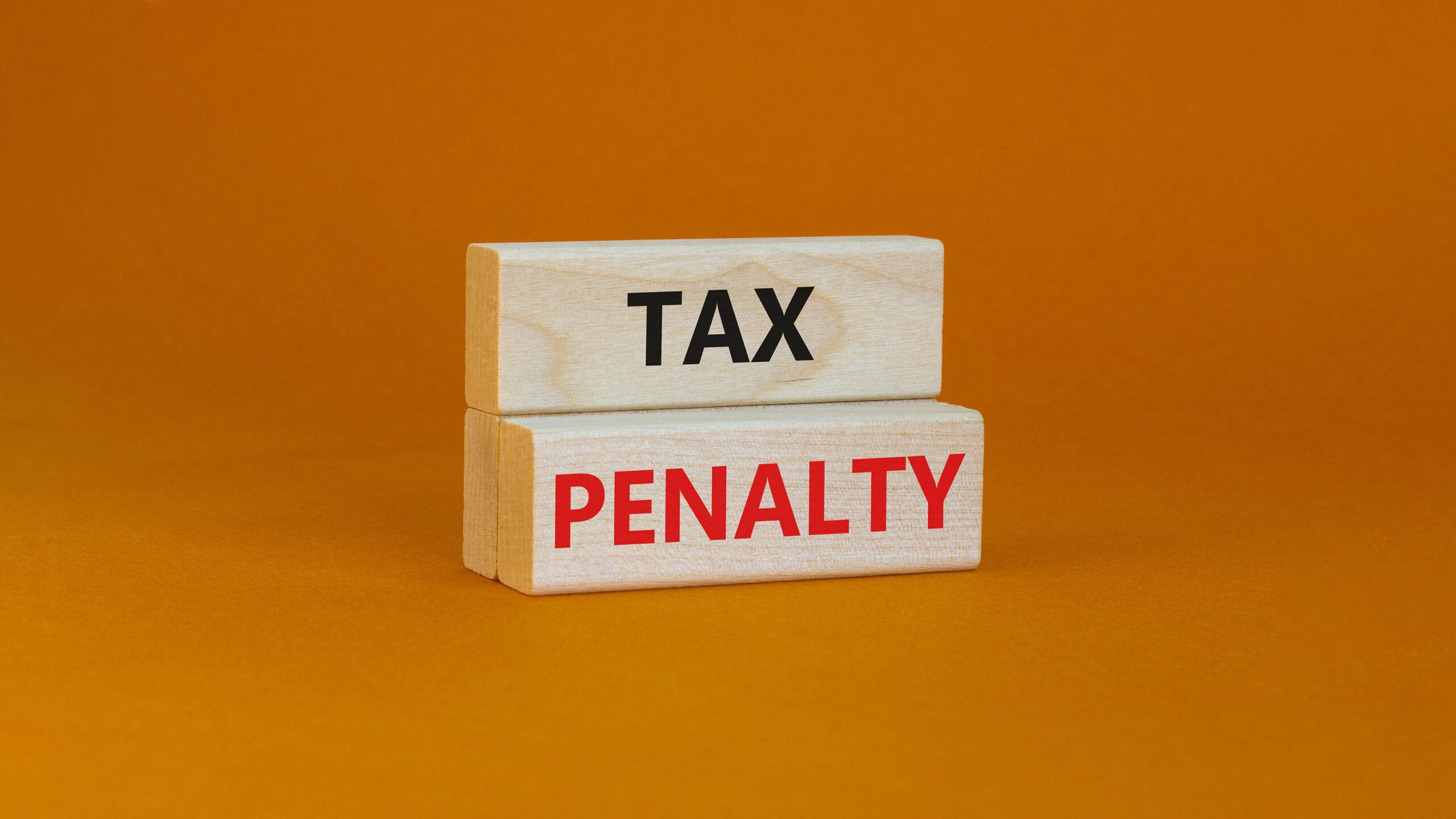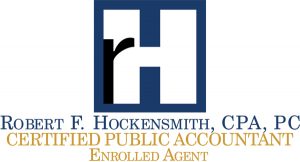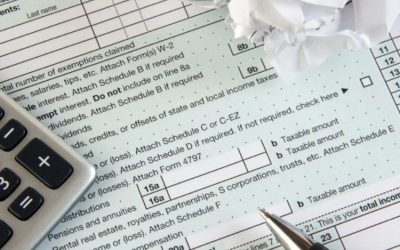Learn how to pass on more of your wealth to your heirs and pay less to the government before it's too late! Click here...
Address & Map
(602) 264 - 9331
CLIENT PORTAL
Address & Map
(602) 264-9331

Eight Facts about Penalties for Filing and Paying Late and How to Abate (remove) Penalties
Prevention is better than cure, but if circumstances prevent precaution, then here’s what you should know. April 15 is the Tax Day deadline for most people. If you’re due a refund, there’s no penalty if you file a late tax return. But if you owe taxes and you do not file and pay on time, you’ll usually owe interest and penalties on the taxes you pay late. But there are options available to mitigate the effect.
Here are eight facts the IRS explains that you should know about these penalties:
1. If you file late and owe federal taxes, two penalties may apply. The first is a failure-to-file penalty for late filing. The second is a failure-to-pay penalty for paying late.
2. The failure-to-file penalty is usually much more than the failure-to-pay penalty. In most cases, it’s much more, so if you can’t pay what you owe by the due date, you should still file your tax return on time and pay as much as you can. You should try other options to pay, such as getting a loan or paying by credit card. The IRS will work with you to help you resolve your tax debt. Most people can set up a payment plan with the IRS using the Online Payment Agreement tool on IRS.gov.
3. The failure-to-file penalty is normally 5% percent (.05) of the unpaid taxes for each month or part of a month that a tax return is late. It will not exceed 25 percent of your unpaid taxes.
4. If you file your return more than 60 days after the due date or extended due date, the minimum penalty for late filing is the smaller of $135 or 100 percent of the unpaid tax.
5. The failure-to-pay penalty is generally 5% percent (.05) per month of your unpaid taxes. It applies for each month or part of a month your taxes are still unpaid and start increasing the day after taxes are due. It can build up to as much as 25 percent of your unpaid taxes.
6. If the 5 % failure-to-file penalty and the 5% failure-to-pay penalty both apply in any month, the maximum penalty amount charged for that month is 5 percent (.05).
7. If you requested an extension of time to file your income tax return by the tax due date and paid at least 90 percent of the taxes, you owe; you may not face a failure-to-pay penalty. However, you must pay the remaining balance by the extended due date. You will owe interest on any taxes you pay after the April 15 due date, even if you file an extension.
8. You will not have to pay a failure-to-file or failure-to-pay penalty if you can show reasonable cause for not filing or paying on time.
IRS Penalty Abatement Procedures
Taxpayers are often unaware that if they are late filing or paying for their tax return, and it causes penalties, they may be able to get out of paying them. If you have proven full compliance (meaning that you have filed your tax returns and paid any tax that was owed) over the past three (3) years, you are then able to request a waiver of the penalties.
The waiver is called “First Time Abatement” (FTA), Internal Revenue Manual (IRM 20.1.1.3.6.1 (11-25-2011)) tells us this is IRS policy and is used to reward past tax-compliant taxpayers and to promote future compliance.
The Inspector General for Tax Administration (TIGTA) found that many taxpayers with compliant (good) tax histories have not been offered, and do not receive, the FTA waiver, from the IRS. So, if you receive a penalty from the Internal Revenue Service (IRS) and you have been in full compliance for the past three years, you should send a certified letter to the IRS requesting abatement of (Failure to File – FTF), (Failure to Deposit – FTD for businesses who pay payroll taxes or company estimated taxes) or (Failure to Pay – FTP) penalties, whichever applies in your situation. These abatement requests are approved if you meet the “clean” past 3-year rule.
This report shows that over 1.2 million taxpayers with Failure to Pay Penalties alone did not receive penalty relief, even though they were qualified for the FTA waiver. So, you must be sure to send in a letter requesting the abatement, it will not be automatically offered to you.
Remember, the IRS does not automatically try to help you out of trouble with taxes. You must exercise and demand your rights. Those that sleep on their rights (meaning – those that do nothing), lose them.
Additionally, you should check with your state Franchise Tax Board or Department of Revenue to see if they have a similar procedure or policy. Always consult with a tax professional before you pay any tax or penalties. Tax professionals can save you more than they charge, in money, time, and peace of mind!
Call today, don’t delay! See how this affects you. We can be reached at 602-264-9331 and on all social media under azmoneyguy.
Related Blog Posts
Paying Income Taxes and Estimated Taxes
Learn how to pass on more of your wealth to your heirs and pay less to the government before it's too late! Click here...Address & Map(602) 264 - 9331CLIENT PORTALAddress & Map(602) 264-9331[DISPLAY_ULTIMATE_SOCIAL_ICONS] The tax season is almost...
Tax Extensions and Penalties
Learn how to pass on more of your wealth to your heirs and pay less to the government before it's too late! Click here...Address & Map(602) 264 - 9331CLIENT PORTALAddress & Map(602) 264-9331[DISPLAY_ULTIMATE_SOCIAL_ICONS] We have only a few DAYS left...
Common Tax Filing Mistakes
Learn how to pass on more of your wealth to your heirs and pay less to the government before it's too late! Click here...Address & Map(602) 264 - 9331CLIENT PORTALAddress & Map(602) 264-9331[DISPLAY_ULTIMATE_SOCIAL_ICONS] Here we are at the April tax...
Do You Owe The IRS?
Learn 5 Secrets The IRS Doesn’t Want You To Know.
Click on the button below to get FREE access to this exclusive content.
Get Expert Tax Advice from an expert
Mr. Hockensmith has been a guest newscaster for national and local TV stations in Phoenix since 1995, broadcasting financial and tax topics to the general pubic. He has written tax and accounting articles for both national and local newspapers and professional journals. He has been a public speaker nationally and locally on tax, accounting, financial planning and economics since 1992. He was a Disaster Reservist at the Federal Emergency Management Agency, for many years after his military service. He served as a Colonel with the US Army, retiring from military service after 36 years in 2008. Early in his accounting career, he was a Accountant and Consultant with Arthur Andersen CPA’s and Ernst & Young CPA’s.









